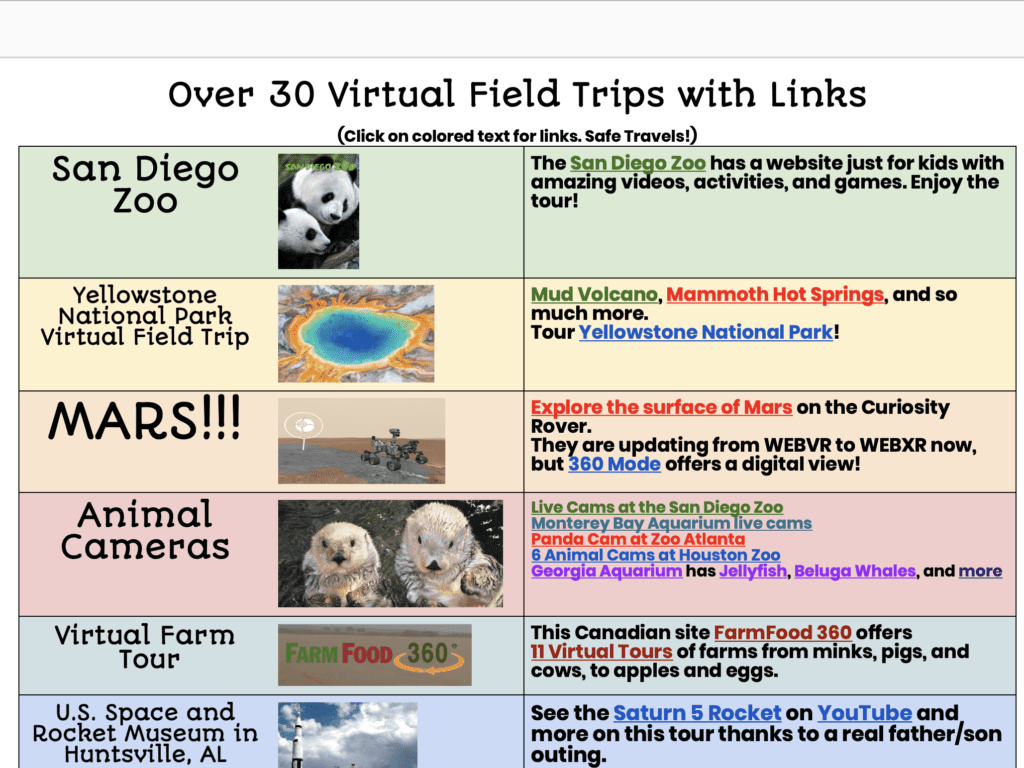I know this is an overwhelming time for everyone. So, I was encouraged when I saw this list from WeAreTeachers about 16 Everyday Activities That Count as Learning.
Talking with your children while you do these activities is a great learning opportunity and a wonderful way to support their language development. Click on the link to visit WeAreTeachers and learn more.




